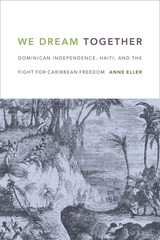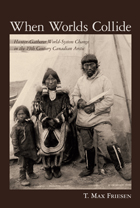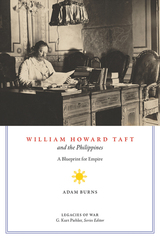3 start with W start with W


Max Friesen has adapted and expanded world-system theory in order to develop a model that explains how hunter-gatherer interaction networks, or world-systems, are structured—and why they change. He has utilized this model to better understand the development of Inuvialuit society in the western Canadian Arctic over a 500-year span, from the pre-contact period to the early twentieth century.
As Friesen combines local archaeological data with more extensive ethnographic and archaeological evidence from the surrounding region, a picture emerges of a dynamic Inuvialuit world-system characterized by bounded territories, trade, warfare, and other forms of interaction. This world-system gradually intensified as the impacts of Euroamerican colonial activities increased. This intensification, Friesen suggests, was based on pre-existing Inuvialuit social and economic structures rather than on patterns imposed from outside. Ultimately, this intense interacting network collapsed near the end of the nineteenth century. When Worlds Collide offers a new way to comprehend small-scale world-systems from the point of view of indigenous people. Its approach will prove valuable for understanding hunter-gatherer societies around the globe.

Born in Civil War–era Cincinnati in 1857, William Howard Taft rose rapidly through legal, judicial, and political ranks, graduating from Yale and becoming a judge while still in his twenties. In 1900, President William McKinley appointed Taft to head a commission charged with preparing the Philippines for US-led civil government, setting the stage for Taft’s involvement in US-Philippine relations and the development of his imperial vision across two decades. While biographies of Taft and histories of US-Philippine relations are easy to find, few works focus on Taft’s vision for the Philippines that, despite a twenty-year crusade, would eventually fail. William Howard Taft and the Philippines fills this void in the scholarship, taking up Taft’s vantage point on America’s imperialist venture in the Philippine Islands between 1900 and 1921.
Adam D. Burns traces Taft’s course through six chapters, beginning with his years in the islands and then following it through his tenure as President Roosevelt’s secretary of war, his term as president of the United States, and his life after departing the White House. Across these years Taft continued his efforts to forge a lasting imperial bond and prevent Philippine independence.
Grounded in extensive primary source research, William Howard Taft and the Philippines is an engaging work that will interest scholars of Philippine history, American foreign policy, imperialism, the American presidency, the Progressive Era, and more.
READERS
Browse our collection.
PUBLISHERS
See BiblioVault's publisher services.
STUDENT SERVICES
Files for college accessibility offices.
UChicago Accessibility Resources
home | accessibility | search | about | contact us
BiblioVault ® 2001 - 2024
The University of Chicago Press









